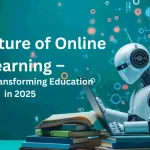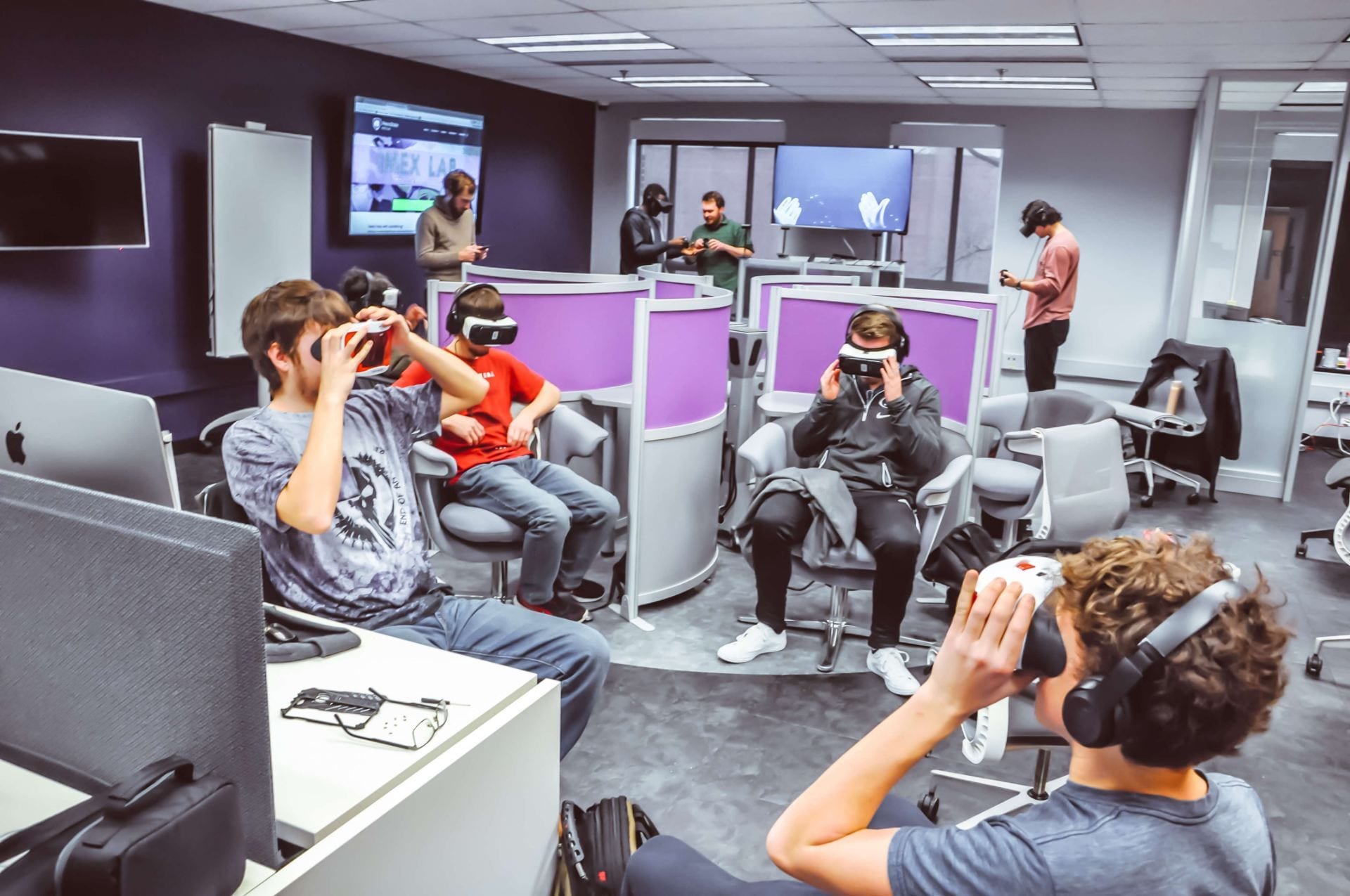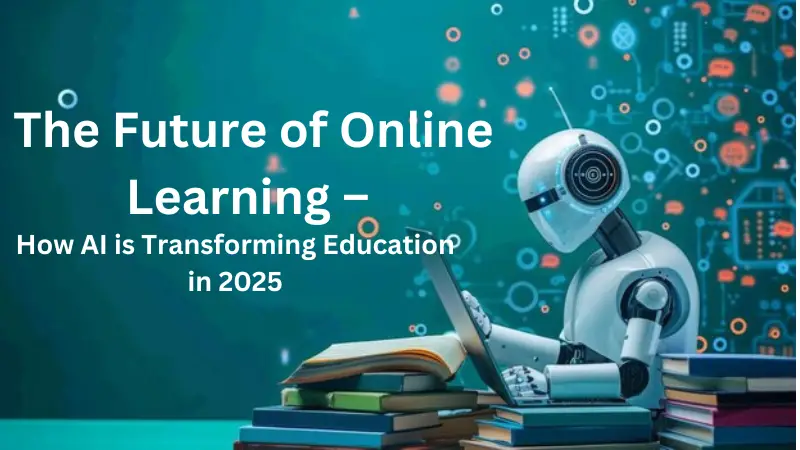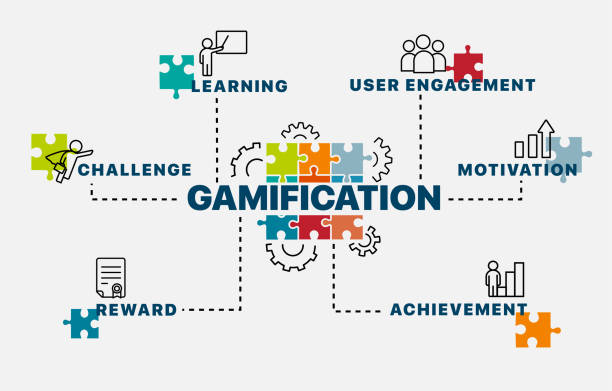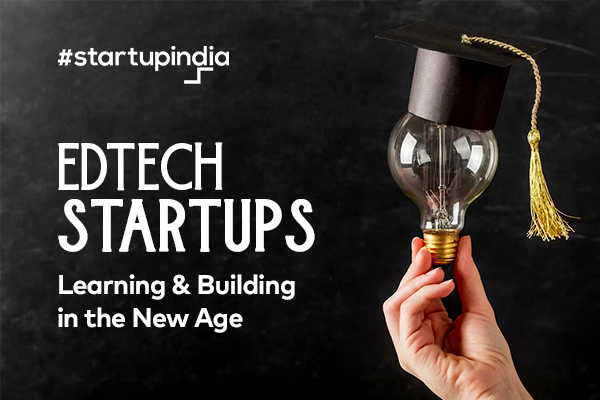
🎯 Introduction: The EdTech Disruption
In the last decade, EdTech startups have transformed how we think about education. No longer confined to chalkboards and physical classrooms, learning has become:
- Digitized
- Decentralized
- Democratized
From Zoom classrooms to AI tutors, EdTech startups are not just supporting traditional education—they’re challenging and redefining it.
🧠 1. What Are EdTech Startups?
EdTech (Education Technology) startups are companies that leverage technology to improve learning outcomes, delivery, and accessibility.
They offer tools for:
- 📚 Content delivery (apps, platforms, MOOCs)
- 🧑🏫 Teacher support (grading, planning, analytics)
- 🧑🎓 Student engagement (gamification, AI tutors, AR/VR)
- 🏫 School management (admin automation, LMS)

🔍 2. Why Traditional Education Needed a Shake-Up
| Traditional Education Pain Points | EdTech Solutions |
|---|---|
| One-size-fits-all instruction | Personalized learning with AI |
| Outdated materials | Real-time updates via digital content |
| Lack of access in rural areas | Mobile learning and internet platforms |
| Administrative overload | Automated grading, scheduling, analytics |
| Passive learning models | Interactive, gamified experiences |
🌐 3. Key EdTech Sectors Revolutionizing Learning
🧑💻 A. Learning Management Systems (LMS)
- Example: Google Classroom, Moodle, Canvas
- Centralize course materials, grades, discussions
📱 B. Mobile Learning
- Bite-sized content via apps (e.g., Byju’s, Khan Academy, Duolingo)
- Accessible anytime, anywhere
🤖 C. AI and Adaptive Learning
- Tools like Socratic by Google or Knewton adjust difficulty based on user performance
- Chatbots for real-time homework help
🧪 D. AR/VR Learning
- Virtual field trips, 3D modeling in science
- Immersive learning in subjects like history or biology
👥 E. EdTech for Teachers
- Tools like Nearpod, Edpuzzle, ClassDojo assist in planning, assessing, and engaging students
🌍 4. Real-World Impact of EdTech Startups
🏫 Schools
- Reduced operational costs via automated systems
- Greater inclusion for remote, disabled, or working learners
🎓 Higher Education
- Universities offer hybrid models with MOOCs and online certifications
- Students gain access to global content (Harvard on Coursera, MIT on edX)
🌍 Developing Nations
- Organizations like Bridge International Academies use tech to deliver quality education in Africa
- EdTech has become a bridge for digital equity
📊 5. Market Growth & Funding
- Global EdTech market was valued at $142 billion in 2023 and is projected to exceed $400 billion by 2030
- Investors see high growth potential:
- Byju’s: $5B+ valuation
- Duolingo IPO’d in 2021
- Outschool, MasterClass, and Udemy thriving post-pandemic
⚖️ 6. Challenges Faced by EdTech Startups
| Challenge | Explanation |
|---|---|
| 🎯 Maintaining Educational Rigor | Startups must align with learning standards and curricula |
| 💻 Tech Access Disparity | Not all students have devices or stable internet |
| 📊 Data Privacy Concerns | Sensitive student data must be handled securely |
| 🧑🏫 Teacher Resistance | Some educators are hesitant to adopt unfamiliar tools |
| ⚖️ Regulatory Hurdles | Startups often navigate strict educational compliance rules |
📘 7. Case Studies of EdTech Disruption
📌 Khan Academy
- Free platform offering comprehensive K–12 content
- Used by schools worldwide as supplement or replacement to textbooks
📌 Duolingo
- 500M+ users
- Shows how language learning can be gamified and mobile-first
📌 Coursera
- Partners with top universities to deliver Ivy League education online
- Credits now accepted at some traditional universities
🔮 8. The Future of EdTech & Traditional Education
🌐 A. Hybrid Education as the Norm
Blending face-to-face with online instruction will become standard.
🤖 B. AI-Powered Personalized Pathways
AI will guide learners through customized learning journeys based on interests and progress.
🧩 C. Microlearning & Credentialing
Bite-sized lessons + stackable certificates will replace long degrees for many careers.
🧑💼 D. Lifelong Learning Ecosystems
EdTech will fuel a continuous learning culture—from school age to retirement.
The line between formal and informal education will blur.

✅ Conclusion: A New Educational Ecosystem
EdTech startups have moved from being fringe disruptors to core players in the education ecosystem. They:
- Increase access
- Promote equity
- Inspire innovation
While traditional schools may never disappear, they are being reshaped, retooled, and reimagined by technology.
The classroom of the future is global, digital, and endlessly evolving—and EdTech startups are leading the charge.




